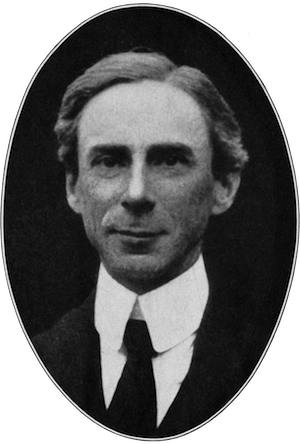The Original Four Hour Workweek
The Four Hour Consensus
 In 2007, Tim Ferriss published a hit book that suggested “work,” in the traditional money-making sense of the term, could and should be reduced to as little as four hours per week — freeing time for more fulfilling pursuits.
In 2007, Tim Ferriss published a hit book that suggested “work,” in the traditional money-making sense of the term, could and should be reduced to as little as four hours per week — freeing time for more fulfilling pursuits.
Seventy-five years earlier, the British philosopher Bertrand Russell, in an essay titled In Praise of Idleness, suggested this same number of working hours as a worthy goal, explaining…
In a world where no one is compelled to work more than four hours a day, every person possessed of scientific curiosity will be able to indulge it, and every painter will be able to paint without starving…Young writers will not be obliged to draw attention to themselves by sensational pot-boilers…Men who, in their professional work, have become interested in some phase of economics or government, will be able to develop their ideas…
Russell and Ferriss propose wildly different paths to this goal: while the former believed a radically reduced workweek requires socialism to realize, Ferriss argues that the productivity tools of the Internet Age suffice.
But both writers hit on a deeper idea that has remained as intriguing today as in the 1930s: the notion that industry (what we might now call “busyness”) is intrinsically virtuous is suspect. It’s worth instead working backwards from a more general confrontation with the question of what matters and deciding how best to act on the answers.
I don’t have a specific point of view here (I know Russell mainly from his work on mathematical philosophy), I just thought the coincidence was cool, and the ideas interesting…
######
On an unrelated note, my friends over at the exceptional 80,000 Hours organization have recently released a (free) career guide that is among one of the most thoughtful and grounded I’ve seen. If you read SO GOOD, you’ll probably appreciate their technical take on cultivating (not finding) passion.
Cal Newport's Blog
- Cal Newport's profile
- 9951 followers



